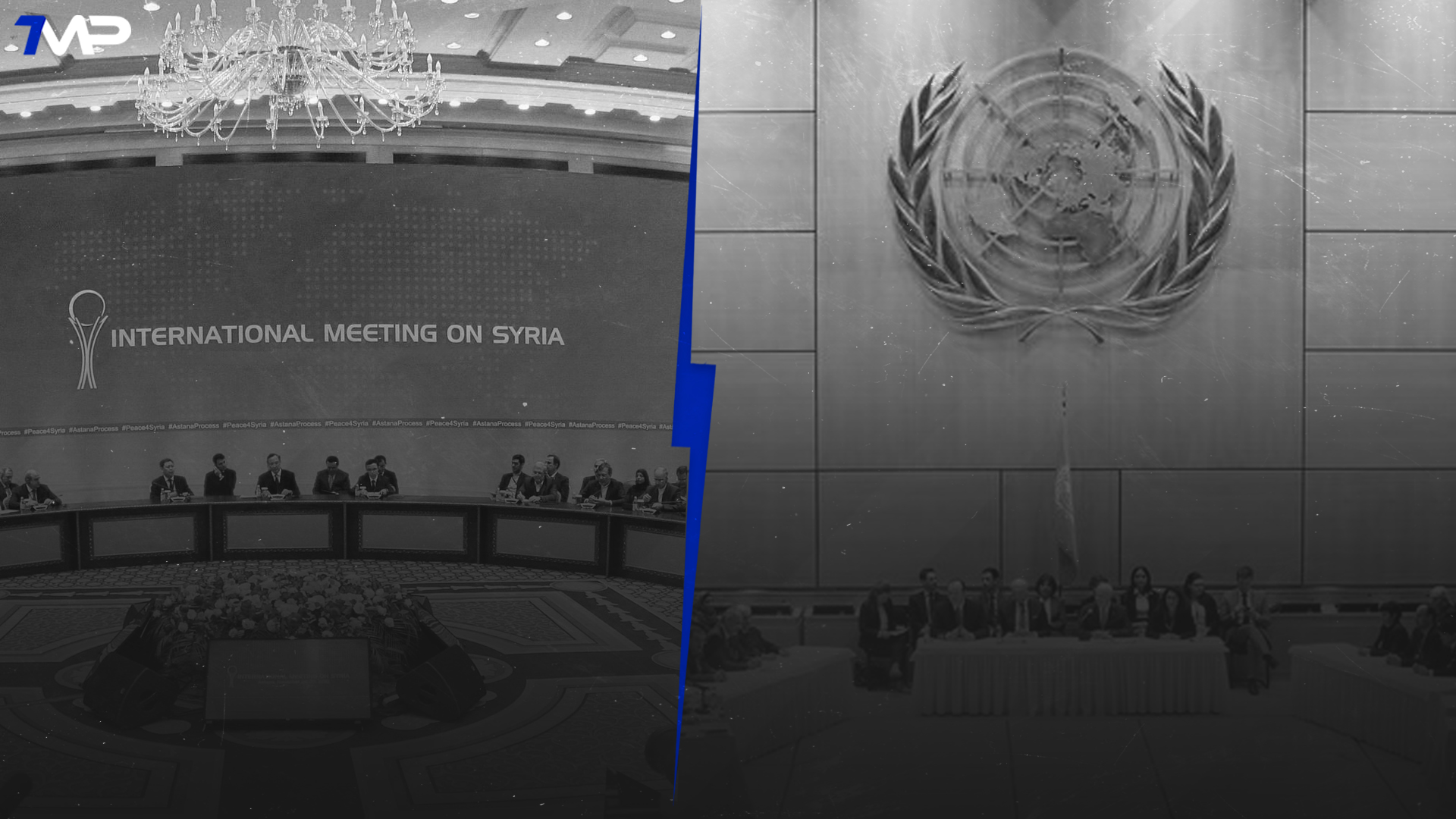A major split in the ranks of the Syrian opposition during the current period has occurred following Turkey’s statements which contained the true face of Ankara’s policies towards the Syrian crisis after an official and clear announcement of the government’s position, described as totally new and unprecedented regarding the rapprochement with the government in Damascus and Ankara’s efforts to achieve a reconciliation between the opposition and the government, after years of killing, destruction, and the displacement of millions of Syrians.
All of this came in conjunction with Ankara’s agreement to align itself with Russia and Iran. Immediately after the Tehran summit, the three countries adopted the “Astana” track and considered it the only way toward finding a political and peaceful solution to the Syrian crisis. According to Russian and Iranian statements, this prompted the United States to respond to this move by holding a meeting in Geneva for special envoys from several countries to Syria to form a new Syrian opposition bloc that enjoys the support and sponsorship of Washington to confront „Astana“.
No normalization with the government in Damascus
The American move, albeit belated, aims primarily to thwart all previous efforts and calls by “Russia and Iran” and currently “Turkey” to re-float the government in Damascus, whereby the Deputy Spokesman for the US State Department, Vedant Patel, said earlier:
My country will not lift the sanctions on the Syrian regime. It will not change its position against the reconstruction of Syria until real and lasting progress is undertaken towards a political solution.
Patel also called on all countries in the region to look very carefully at the crimes and violations committed by the Damascus government against the Syrian people during the past years as well as the government’s prevention of Syria’s population from accessing humanitarian aid in several Syrian regions.
American concerns regarding the relationship between Ankara and Damascus
The recent regional developments and changes that the region has witnessed have raised US concerns about the nature of the future relationship between Ankara and Damascus and the possibility of concluding a deal in the North of the country which will negatively affect the Syrian Democratic Forces, Washington’s main ally in Syria. From here, the countries’ special envoys to Syria demanded during their meeting In the Swiss city of Geneva, the conclusion of a commitment to reach a political solution to the Syrian crisis, in line with UN Security Council Resolution 2254 including continued support for the implementation and sustainability of an immediate and comprehensive ceasefire throughout the country, continued support for the Syrian Constitutional Committee and the holding of free elections. In addition, they demanded the termination of arbitrary detention and the release of all Syrian detainees.
The meeting countries also called on the government in Damascus to resume the meetings of the Constitutional Committee under the auspices of the United Nations and to move forward with a comprehensive political solution that would protect Syria’s sovereignty and territorial integrity and to continue supporting the mission of the United Nations Secretary-General’s Special Envoy to Syria, Geir Pedersen, to move forward in the Syrian political process.
The confrontation that has become very close between the United States and Russia in Syria may show the extent of the difference and divergence between the two active countries on the Syrian scene, as each of them seeks to obtain more local and regional allies and make their political and military blocs the best, strongest and most cohesive while awaiting a political solution that may last for more years to end the state of division among Syrians in a country that has suffered and continues to suffer the scourge of war for more than a decade.

